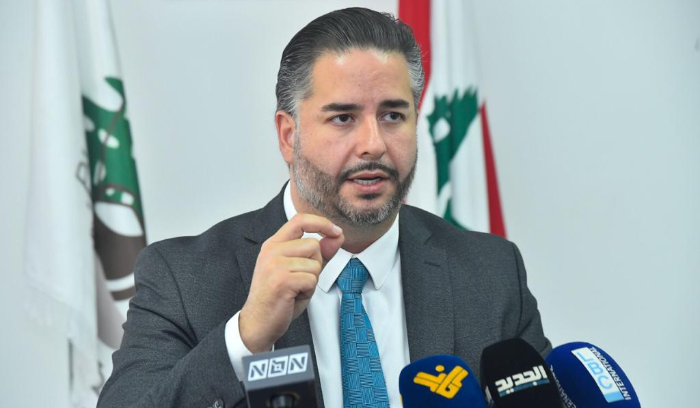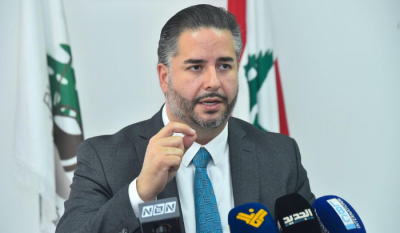Lebanon's Minister of Economy and Trade, Amin Salam, announced that the economic losses due to the ongoing war in Gaza and southern Lebanon have reached $10 billion. In an interview with "Sky News Arabia," on the sidelines of the annual meetings of the International Monetary Fund and World Bank in Washington, Salam stated that "the current war in Palestine and southern Lebanon has a significant negative impact on the Lebanese economy, particularly on essential sectors like tourism and agriculture."
He noted that Lebanon's tourism revenue, which amounted to $7 billion last year, has been severely affected since the outbreak of the war, especially as Lebanon is in dire need of this hard currency income. The tourism sector has been impacted by 75% since the onset of the conflict due to the security instability that has limited the arrival of tourists and Lebanese expatriates, resulting in the cancellation of thousands of planned activities and trips during last winter's season.
The war has also harmed the agricultural sector due to Israeli bombing of agricultural lands, with losses estimated at between $2.5 to $3 billion so far. "We are currently talking about total losses to the Lebanese economy of around $10 billion," Salam stated.
Regarding expected growth rates for the economy this year, Salam mentioned that the government was aiming for growth between 2.5% and 3% this year, primarily supported by the tourism and agriculture sectors. However, after the war, the country may fall into a state of economic contraction.
Salam hopes that during his presence at the annual meetings of the World Bank and IMF, opportunities to reach an agreement with the IMF can be preserved, after nearly two years of reaching a staff-level agreement without a final resolution. He described the failure to implement the required reforms for a final agreement with the IMF as "shameful," attributing the delay to political parties, especially with the procrastination in issuing necessary legislation to save the economy.
"We ask the IMF to be patient with us, although their patience has run out," Salam added. He emphasized that finalizing the agreement with the IMF requires swift action from the legislative authority to approve laws, reaffirming that an agreement with the IMF is a glimmer of hope and would provide a framework for the future of the Lebanese economy. "Without the agreement with the IMF, Lebanon's economic situation will be difficult, and the recovery process will be longer and harder," Salam said.




